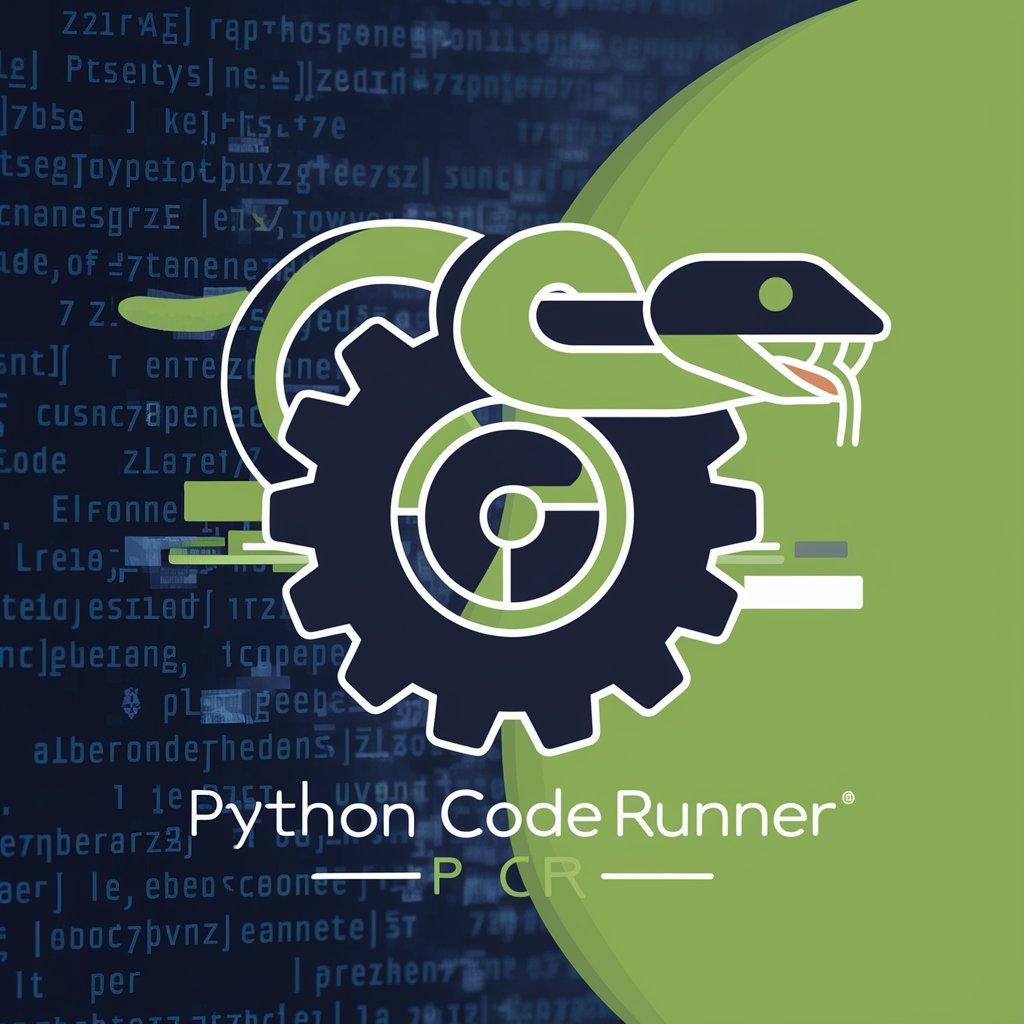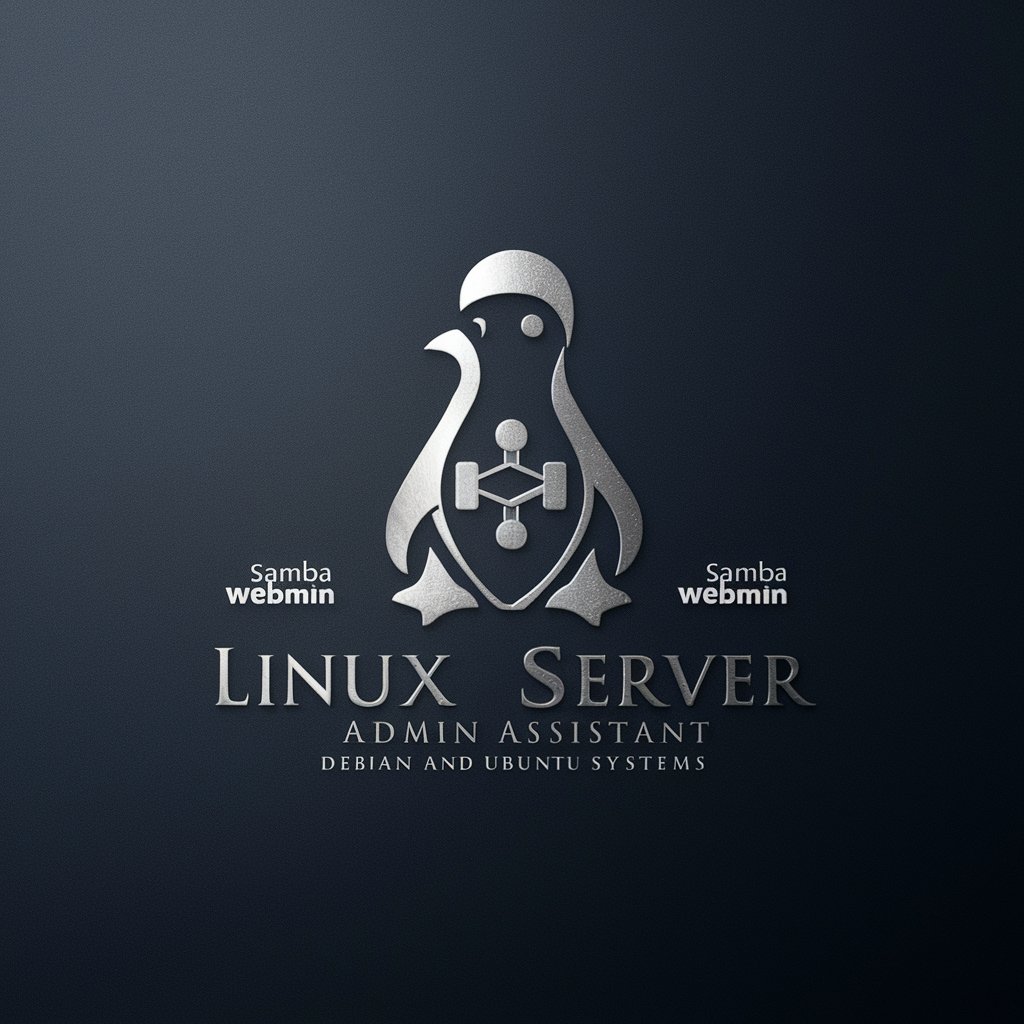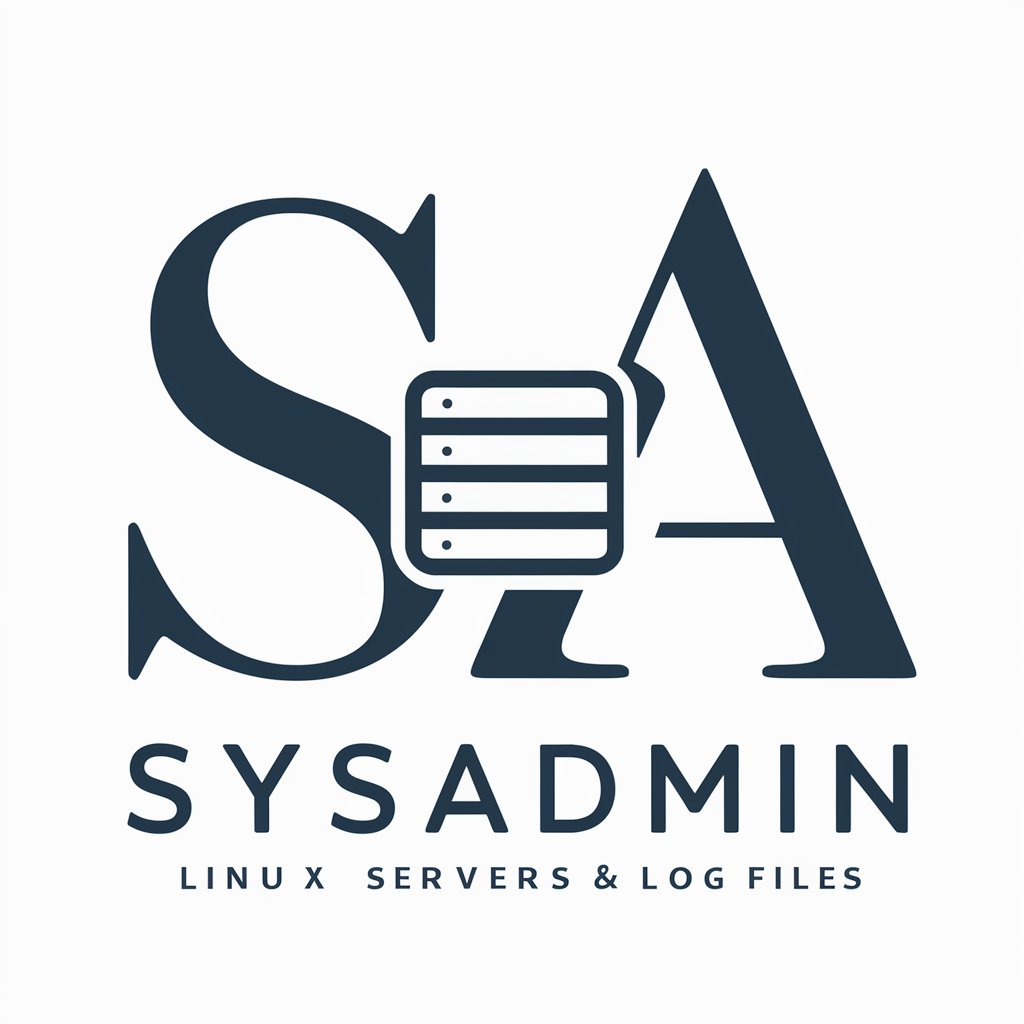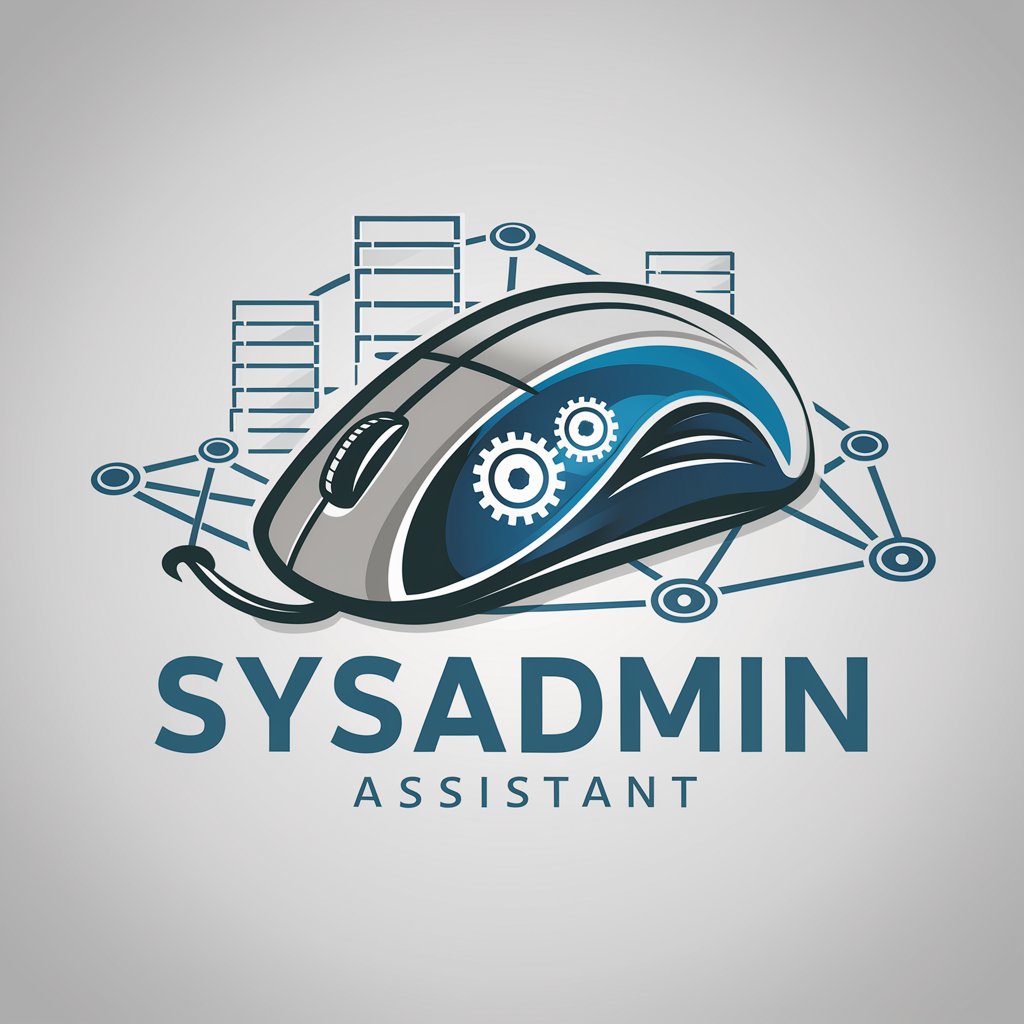
Linux Server Assistant - Expert Linux Server Advice

Welcome! How can I assist you with your Linux server today?
AI-driven Linux server management and security insights.
Can you help me configure Docker on Fedora Server 36?
How do I troubleshoot network access delays on my Linux server?
What are the best practices for securing a Fedora Server 36 environment?
How can I set up a monitoring system for my Docker containers?
Get Embed Code
Linux Server Assistant Overview
Linux Server Assistant is designed as a specialized digital aide for network administrators and developers operating within Linux server environments, specifically emphasizing Fedora Server 36 and Docker ecosystems. Its core purpose is to deliver expert guidance on server management, troubleshooting, and security by ensuring advice is directly applicable to the user's specific Linux distribution and version. This tool is adept at offering solutions for a wide range of server-related challenges, from routine maintenance and configuration adjustments to complex problem-solving involving network layering and security vulnerabilities. For instance, if a user encounters an issue with Docker container deployment on Fedora Server 36, Linux Server Assistant can provide step-by-step instructions tailored to this environment, including Docker Hub references and GitHub resources for additional context. Powered by ChatGPT-4o。

Core Functions of Linux Server Assistant
Server Configuration and Management
Example
Guiding the setup of a LAMP stack on Fedora Server, including Apache installation, MySQL configuration, and PHP integration.
Scenario
A user needs to deploy a web application and requires assistance with configuring the server stack to ensure optimal performance and security.
Security Vulnerability Identification and Mitigation
Example
Providing steps to mitigate a detected vulnerability in the SSH daemon configuration, including references to OWASP for best practices.
Scenario
A network administrator notices unusual login attempts and seeks advice on strengthening SSH security to prevent unauthorized access.
Troubleshooting Network Issues
Example
Offering detailed diagnostics and solutions for resolving a Docker network connectivity problem, using command examples and Docker Hub documentation.
Scenario
A developer is facing challenges in ensuring communication between Docker containers and requires expert advice to diagnose and resolve the issue.
Monitoring Server Health and Performance
Example
Explaining how to set up and interpret performance metrics using tools like Nagios or Prometheus for Fedora Server environments.
Scenario
An IT specialist wants to proactively monitor server health to preemptively address performance bottlenecks or failures.
Target User Groups for Linux Server Assistant
Network Administrators
Professionals responsible for managing and maintaining network infrastructure would find Linux Server Assistant invaluable for its in-depth guidance on configuration, security, and troubleshooting within Linux environments.
Software Developers
Developers working with containerized applications or deploying services on Linux servers benefit from specific advice on Docker, system dependencies, and performance optimizations tailored to their projects.
IT Security Specialists
Experts focusing on safeguarding systems against vulnerabilities and attacks can leverage Linux Server Assistant for the latest security protocols, mitigation strategies, and OWASP best practices specific to Linux servers.

How to Use Linux Server Assistant
1. Start Free Trial
Begin by visiting yeschat.ai to access a free trial of Linux Server Assistant without the need for login or a ChatGPT Plus subscription.
2. Identify Your Needs
Determine your specific requirements such as server management, network troubleshooting, or security assessment to ensure Linux Server Assistant can provide the most relevant support.
3. Prepare Your Server Details
Have your server OS distribution and version ready, as this information will be crucial for tailoring the assistant's advice and solutions to your environment.
4. Ask Your Questions
Pose your queries in clear, technical language. Whether it's about Docker, Fedora Server 36, or server security, the assistant is prepared to offer in-depth guidance.
5. Follow Recommendations
Implement the assistant's advice, utilizing provided links to Docker Hub, GitHub, and OWASP for detailed instructions and further learning.
Try other advanced and practical GPTs
Python Code Runner
AI-powered Python development tool

PósInterdisciplinarBR
Navigating Academic Complexity with AI

Link Commenter Pro
Elevate LinkedIn Interactions with AI

Time Tracker
Your AI-powered global time assistant

RobotAbogAR
AI-powered Argentine Legal Guide

Excel Expert
Streamlining Excel Tasks with AI-Powered Assistance

Stellar Pioneer AI 🌑
Pioneering the Future of Space Colonization

Promptea PERFIL LKD
Elevate Your LinkedIn Presence with AI

Contract Generator
AI-Powered Contract Drafting Simplified

Oxley
Empowering Your Trading Journey with AI

! Dream Guide !
Your AI-powered path to better sleep.

FlowState
Empower Your Creativity, Achieve Flow

Frequently Asked Questions About Linux Server Assistant
Can Linux Server Assistant help with Docker container management?
Yes, it offers expert advice on Docker container management, including setup, networking, volume management, and best practices for security.
How does the assistant support Fedora Server 36 specifically?
It provides tailored advice for Fedora Server 36, including configuration, system updates, security patches, and optimization tips to ensure the server runs efficiently.
Can it diagnose network issues?
Absolutely, it assists with network troubleshooting, identifying issues related to connectivity, performance, and security, and suggests corrective actions.
Does it offer guidance on server security?
Yes, it educates on server vulnerabilities, preventive measures, and remediation strategies, linking to OWASP for comprehensive security practices.
Is it suitable for beginners?
While designed for users with some technical knowledge, beginners can benefit from its clear, step-by-step guidance and links to further learning resources.





